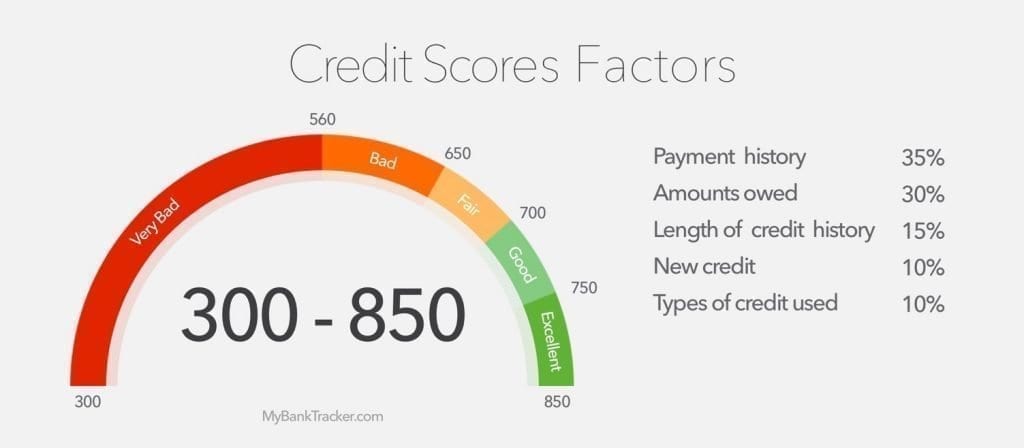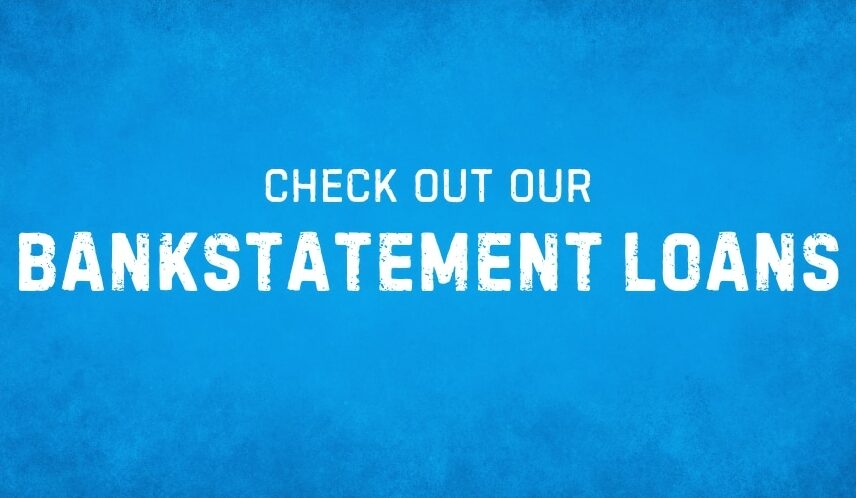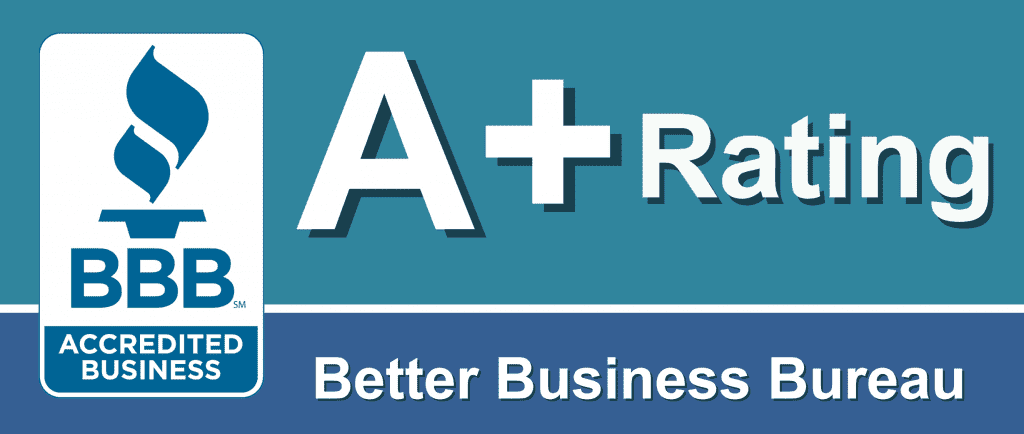
12 Things You Never Knew About Your Credit Report
Having a good understanding of your credit report can save you time and money.
At JB Mortgage Capital, Inc. we strive to provide important mortgage information to our clients. Below is information about credit scores and how they are affected. I’m posting this article (By Julie E. Sturgeon) because it does a great job explaining the truth about your credit score.
The biggest misunderstanding out there today is how inquiries affect your credit score (see item #5). Enjoy the article and if you have any questions about your own credit, and how it affects your mortgage rate please do not hesitate to ask me.
1. Paying my debts will make my credit report instantly pristine
A credit report is a history of your payments, not just a snapshot of where you are at the moment, says Maxine Sweet, vice president of public affairs for Experian, one of the three major credit reporting agencies. As the author of the popular Web column “Ask Max,” she continuously reminds people that you can’t change the past. *Paying off debts will help however it does take time (after the initial report) to see additional increases to your score. Credit bureaus want to see a “history” of keeping your balances low. Paying your mortgage payment on time along with other debts will help you obtain the best mortgage rate possible when you refinance your current mortgage or purchase a new home.
2. I must give permission for a company to see my credit report
It’s scary, but the fact is that unless it’s for employment purposes, your signature or consent is irrelevant. *To clarify, companies purchase information from the bureaus to better market their products. This information is more general in terms of what category your profile fits in and usually not very specific information about personal details present in the report.
3. Credit counseling always destroys my credit score
Attending a credit counselor’s debt management program is not considered negative in the scoring models.
“We don’t want consumers to consider credit counseling to be detrimental to their FICO scores,” says Craig Watts, public affairs manager at Fair Isaac Corp., the company that developed the FICO score.
However, if the credit counselor negotiates a lesser contractual obligation, the lender decides how it wants to report that. So if your $500 monthly payment is refigured for $300, the creditor may either legally report that as $200 in arrears every month or reward you for not filing bankruptcy by reporting the account as up to date.
“As long as the accounts are delinquent and not brought up to date, it will be viewed negatively by lenders,” says Deborah McNaughton, owner of Professional Credit Counselors and author of “The Get Out of Debt Kit.” However, she says, “If everything is current, whether it’s a home loan or not, they’re not going to view it as negative. The FICO scores are not affected by it.” The credit score system ignores any reference to credit counseling that may be in your file.
Although credit counseling does not by itself influence your credit score, it is apparent on the report that you’ve been through, or are currently in, counseling — and that is something individual lenders may not like. Or they might never know.
“If they looked manually at your credit report and saw that debts were being repaid through a debt management program, they probably wouldn’t open a new account for you,” Sweet says. Of course, “you shouldn’t be opening a new account if you’re in a debt management plan.”
However, some lenders these days will never see your actual report.
“They don’t look at reports manually anymore,” Sweet says. “Some small creditors might, but most of any size use automated scoring systems of one model or another.” In the mortgage industry underwriting usually always reviews your credit report. This is true from large banks all the way down to your smallest mortgage companies.
Once you’ve successfully emerged from credit counseling with your formerly tattered credit pieced back together, consistent payment history matters the most. “Even mortgage lenders will work with consumers who have successfully gone through debt management counseling and will work to get them a mortgage,” McNaughton says.
4. Canceling credit cards boosts my score
Open accounts are potential debt, so better to close them…..runs the legend. But experts agree that most creditors want to see at least two or three pieces of active credit to prove you can manage debt responsibly.
And, Watts chimes in; those unused cards lying in your jewelry box aren’t wreaking havoc with your score.
“The myth is that they look ominous to potential lenders,” he says. “Reality is that paying your bills on time and not being overextended is more important than having $5,000 worth of available credit on a card you’re not using. We continue to evaluate this ‘open to buy’ statistic, and we simply don’t find it falling into one of those highly predictive areas.”
On the other hand, extremes never look good. Opening one charge account occasionally to take advantage of a 10 percent offer is negligible. Going wild and signing up for five during the holiday season probably would invite a decreased score, he says.
5. Too many inquiries hurt my score
Once upon a time, this statement was true. But get with the times — in this millennium, credit agencies recognize a shopping mindset when they see one. If a batch of mortgage or car loan inquiries arrives within 30 days, it doesn’t count at all, Watts says.
“Outside that 30-day period, if we locate a mortgage or car inquiry that occurred 180 days ago, and then see more mortgage- or auto-related hits in the accompanying 14-day window, we err on the consumer’s side and still assume she’s shopping for one item,” he says.
“We really feel like we are capturing the true consumer experience and not holding it against them for being an aggressive or smart rate shopper.”
Furthermore, there’s no such thing as some fixed number of points associated with these inquiries, Watts says.
“Inevitably when a consumer or a lender evaluates a credit file, they think this item must be worth 20 points, this is worth 100 points,” he says. “In reality, we design the FICO scoring model so that each credit report item is given a reasonable or statistically valid number of points.”
In English, that means FICO is designed to predict the likelihood that you’ll fall seriously behind in repaying one of your creditors within the next two years. Some things have predictive value and some don’t. Inquiries fall in the middle.
“They’re not incredibly predictive, so they’re in the model but they don’t drive the boat,” Watts says.
6. Checking my own credit report harms my standing
The reporting agencies distinguish between soft and hard pulls. When Target calls to check before issuing its line of credit, the agencies chalk that up as a hard pull and it counts against your score. Personal requests and credit counselors — if they do it correctly, so insist on this as part of your agreement terms — fall under soft pulls, which do not reflect negatively on the evaluation.
Using a company that promises credit reports as a perk can turn this myth into a self-fulfilling prophecy, however, McNaughton says.
Because they are merchants in disguise, their freebie costs you. Citizens must go directly to the three bureaus if they want a soft pull. Ditto FICO.
“Pulling your credit scores is quite empowering,” says Watts. “You have a choice: You can either be very aggressive with your credit management and pull your score with some regularity or take a more passive approach once a year to see how all those credit cards are actually doing.”
7. FICO scores are locked in for six months
Fair Isaac Corp.’s models are dynamic, meaning that your FICO score changes as soon as data on your credit report change.
“When we calculate a score, for all intents and purposes it then goes away and is recalculated the next time someone pulls your file,” says Watts.
8. I don’t need to check my credit report if I pay my bills on time
When the Consumer Federation of America and the National Credit Reporting Association analyzed credit scores and they discovered that 78 percent of the files were missing a revolving account in good standing, while 33 percent of files lacked a mortgage account that had never been late. Twenty-nine percent contained conflicting information on how many times the consumer had been 60 days late on payments.
“There can be a lot of other activity going on that you don’t have any clue about,” McNaughton says.
In her experience, 80 percent of all credit reports have erroneous information ranging from a wrong birth date to accounts you never applied for.
9. All credit reports are the same
Way wrong. These days, most creditors across the country do report their information to all three major agencies: Equifax, Experian and TransUnion.
But “that was not true in the past,” Sweet says.
And, because they are separate companies, the speed in which they update records isn’t necessarily equal.
Additionally, the agencies use inquiry activity to update your address, phone numbers, employment status, and the like. Because creditors typically pull only one company’s report, it’s possible that, say, TransUnion doesn’t show your current address.
According to McNaughton, she’s never seen a client yet for whom all three reports spit out the same records and scores.
10. A divorce decree automatically severs joint accounts
A divorce might end up having a dramatic effect on your credit score and your mortgage payment history. This may affect the mortgage rate you receive after your divorce. The judge may have rubber-stamped your plans to divide credit card, car, and house payments, but that carries absolutely no legal weight with the creditors themselves, Sweet says.
“We see so many people who, a year or two after the divorce, are just outraged and hurt because their credit report reflects their ex-spouse’s missed payments,” she says.
Unfortunately, at that point, they are helpless to erase the damage.
Divorcing parties must contact the creditors and either close current accounts or have the booted name sign a letter of consent for this action. And assuming certain debts isn’t a unilateral decision on your part, says Sweet. Creditors typically do a credit check on your name and if they don’t deem you financially stable enough to assume that $30,000 car loan, for instance, they won’t agree to remove the other person.
11. Bad news comes off in seven years
Some of it does. Chapter 13 (reorganization of debt) disappears seven years from the filing date. But if you filed Chapter 7 bankruptcy (exoneration of all debt), the window is 10 years from the filing date.
On the good-news side, accounts in bankruptcy can be deleted seven years after the date of your first missed payment, so those individual pieces may disappear before the word “bankruptcy” on your report. And if you pay off or close an account that had no delinquencies or problems, it, too, remains on the record for 10 years rather than the previous seven, say Experian experts. Again, this means positive information hangs around longer, as a consumer benefit.
12. I can always pay someone to fix or repair my credit
Yes, you can clear up erroneous information posted to your account, such as a repossessed car that you didn’t purchase in the first place, but if you paid your Sears bill three months late in 1997, that’s a hard fact.
Companies claiming to fix your credit deliver on their promises by generating a flood of dispute letters to the credit reporting agencies, which in turn ask the creditor to verify or document the entry. If they cannot, the listing must come off at that time. But if the creditor later does verify or document it, the agency slaps it right back into the file after 30 days.
Homestead Declaration Protection
The homestead declaration does not protect the homestead from all forced sales. The home may be subject to forced sale if a judgment is obtained: – Prior to the recording of the homestead declaration. On the debts secured by the encumbrances on the property executed by the owner before the declaration was filed for the record. On obligations secured by mechanic’s liens on the property. (provided by R.E.F.)
Federal Homestead Act of 1862
The purpose of the Federal Homestead Act of 1862 was to encourage the settlement of the nation. Except for Alaska, homesteading was discontinued on public lands in 1976 when, because all the good agricultural had already been homesteaded/deeded, Congress recognized that the Homestead Act had outlived its usefulness and passed the Federal Land Policy and Management Act of 1976, which immediately repealed the old law as it applied to all states. (provided by R.E.F.)
Assuring Marketability of Title
A marketable title does not mean a perfect title. It means that the title is one a reasonable person would accept as clear and free from likely challenge. The documentary record of ownership or the chain of title in the recorder’s office in the county where the property is located becomes very important in determining who actually owns what. (provided by R.E.F.)
Title Insurance
Title Insurance companies, responding to the public need, began issuing policies of title insurance. The main benefit: Title insurance extends protection against matters of record and many non-recorded types of risks, depending on the type of policy purchased. (provided by R.E.F.)
*signifies an update to the original article
















